Home - Travel Destinations - Switzerland – 17 Mistakes You Should Not Make
If you click on links we provide, we may receive compensation.
We link to affiliated partners at no extra cost to you.
Switzerland – 17 Mistakes You Should Not Make when traveling to Switzerland – do you know them all? Or are these helpful hints and tips for your first trip?
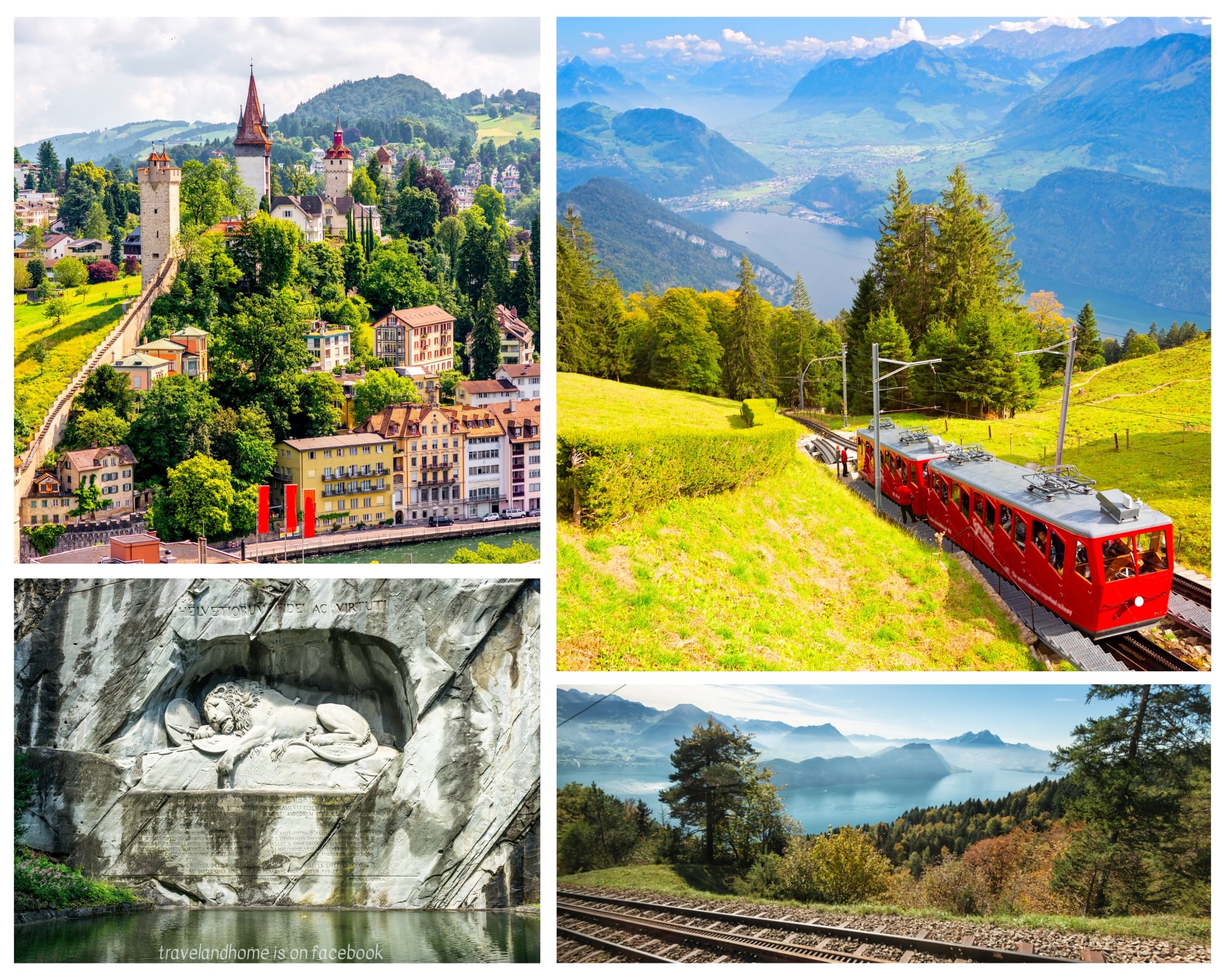
When traveling to Switzerland, using a credit card with no international fees can save you money. The Marriott Bonvoy Card is good for earning points toward hotel stays, but it may charge foreign transaction fees. On the other hand, the United Explorer Mileage Card doesn’t have international fees and can earn you miles for flights.
However, there are other cards with no international fees too. For instance, the Capital One Venture Rewards Credit Card and the Chase Sapphire Preferred Card are popular choices. They offer travel rewards and perks without charging extra for international transactions. Always compare cards to see which one aligns best with your travel goals and spending habits.
Always check the terms and conditions of your specific Visa card to confirm whether it charges foreign transaction fees.
That said, it’s always a good idea to carry some Swiss Francs (CHF) in cash, especially for smaller purchases or in more rural areas where card acceptance may be less common. Additionally, some shops may have minimum purchase requirements for card payments, so having cash on hand can be convenient.
In Switzerland, coins come in denominations of 5, 10, 20, and 50 Swiss centimes, as well as 1, 2, and 5 Swiss francs. It’s a good idea to have some coins in these denominations, especially if you plan to use public transportation, visit museums with coin-operated lockers, or make purchases from vending machines.
In Switzerland, it’s important to have Swiss Francs (CHF) on hand for making purchases, as the country primarily uses its national currency rather than the Euro. While some tourist areas and larger establishments may accept Euros, you’ll find that having Swiss Francs readily available will ensure smoother transactions and may even prevent inconvenience or confusion. Be sure to exchange your currency for Swiss Francs before or upon arrival in Switzerland to avoid any challenges during your travels.

Switzerland is a multilingual country with four national languages: German, French, Italian, and Romansh. This can be tricky as the languages quickly change from region to region and using the wrong one or dialect can be embarrassing.
We would suggest, that to navigate language differences effectively, it’s advisable to default to English if you’re unsure of the region or dialect, as it’s widely understood throughout the country. However, learning basic courtesy phrases like “please” and “thank you” or “hallo” in the local languages can demonstrate respect and appreciation for the diverse linguistic heritage of Switzerland. This simple gesture can go a long way in fostering positive interactions with locals and enhancing your overall travel experience.
In Switzerland, tap water is of excellent quality and completely safe to drink. Swiss tap water undergoes rigorous testing and meets high standards for cleanliness and purity. As a tourist, you can confidently drink tap water from restaurants, hotels, and public fountains without any concerns about its safety.
By choosing to drink tap water instead of buying bottled water, you can save a significant amount of money during your travels in Switzerland. Purchasing bottled water can quickly add up, especially in tourist areas where prices may be higher. Plus, opting for tap water is also environmentally friendly, as it reduces plastic waste from single-use bottles.
So, remember when traveling to Switzerland, bring a refillable water bottle with you when exploring , and enjoy the convenience and savings of drinking the delicious and safe tap water available throughout the country.
In Switzerland, it’s important to avoid putting your feet up on the seats when riding trains. Doing so is not only considered disrespectful but can also result in receiving a fine. Swiss trains are known for their cleanliness and efficiency, and maintaining a respectful environment for all passengers is part of Swiss culture.
Train conductors in Switzerland are vigilant about enforcing rules and regulations, and they may issue fines to passengers who engage in behavior that disrupts the comfort and cleanliness of the train.

When traveling in Switzerland with a second-class ticket (which is perfect for Switzerland), it’s essential to board the correct part of the train to avoid potential fines. Swiss trains often have designated areas for different classes, and sitting in the wrong section can result in penalties.
To ensure a smooth and hassle-free journey, double-check your ticket and verify the designated seating areas for second-class passengers before boarding the train. Signs and markings on the platform or train cars typically indicate where second-class seating is located.
Additionally, if you’re unsure about where to sit or have any questions, don’t hesitate to ask railway staff or fellow passengers for assistance. They’ll be happy to help you find the right place to sit and ensure you have a pleasant travel experience in Switzerland.

When purchasing half-fare tickets for train travel in Switzerland, it’s important to note that they are only valid for individuals who possess a half-fare card, typically held by residents of Switzerland, and are not available as a standalone special offer. Therefore, if you do not possess a half-fare card, it’s advisable not to purchase the half-fare ticket. Instead, consider exploring other ticket options or passes that better suit your travel needs, ensuring you have the appropriate documentation to avoid any issues while traveling in Switzerland.
Booking scenic train rides in Switzerland well in advance is highly recommended to secure your spot and ensure you don’t miss out on these unforgettable experiences. Switzerland is renowned for its breathtaking landscapes and iconic train journeys, such as the Glacier Express, Bernina Express, and GoldenPass Line.
These scenic routes are popular among tourists and can get fully booked, especially during peak travel seasons. By booking your tickets ahead of time, you can guarantee a seat and potentially even secure desirable seats, such as panoramic windows or observation cars, for the best views.
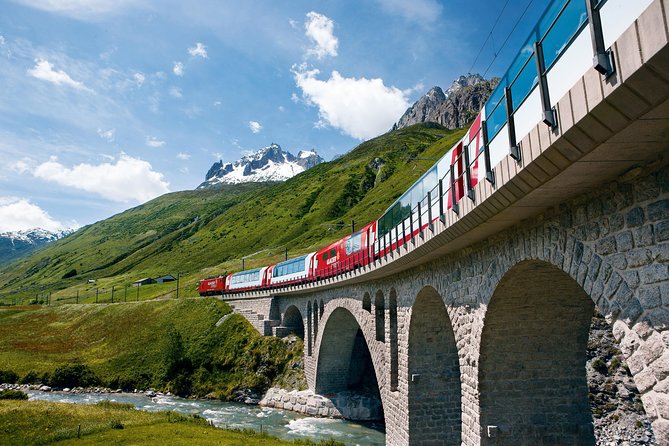
Swiss culture places a strong emphasis on courtesy, politeness, and consideration for others. Being loud or disruptive in public spaces, including trains, can be perceived as disrespectful and may cause discomfort to fellow passengers. Keep your voice down.
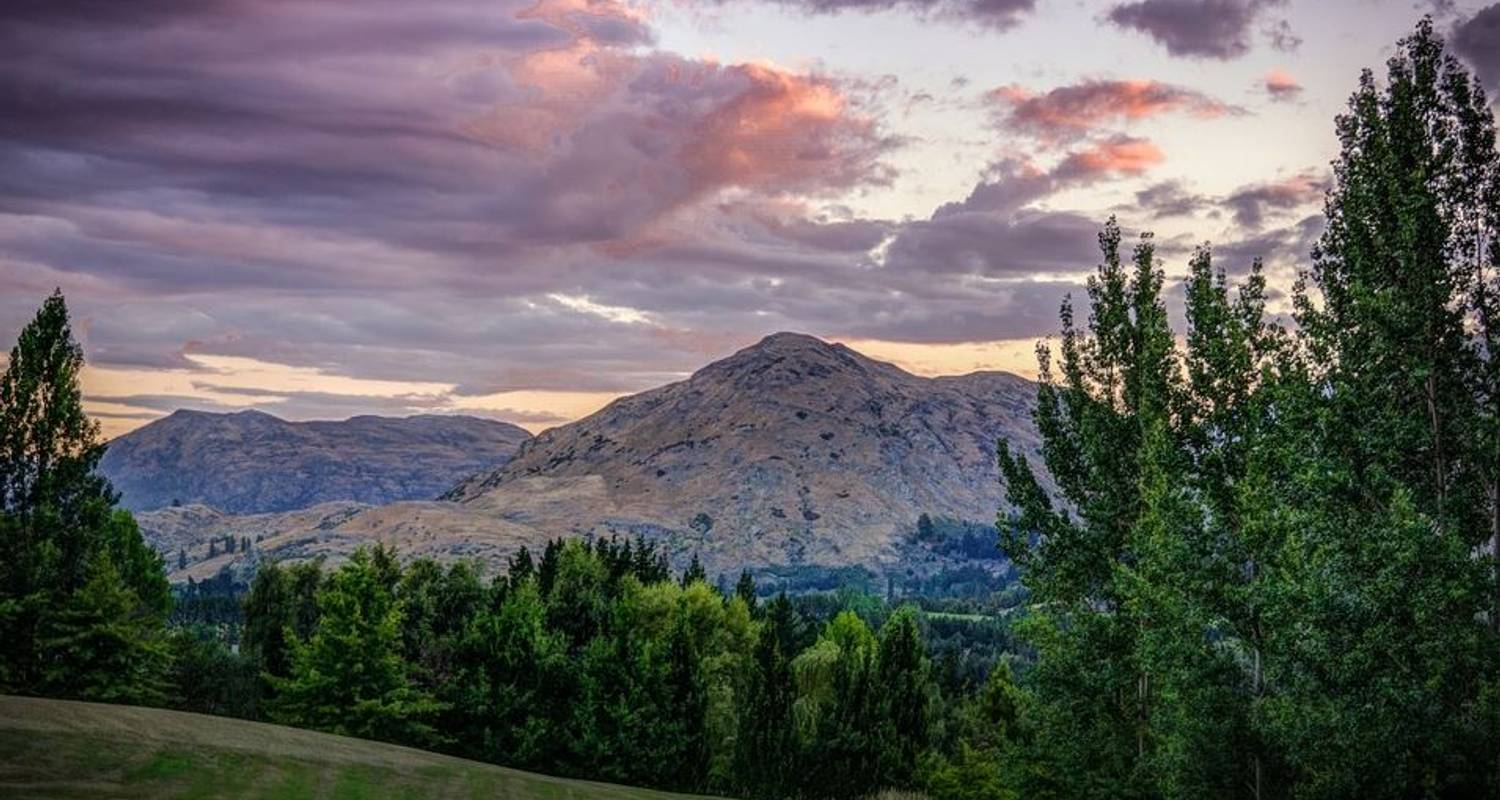
Swiss railway staff are vigilant about enforcing rules and regulations to maintain a pleasant and orderly environment onboard trains. Being loud or disruptive may result in warnings from train personnel or even fines for violating conduct standards.
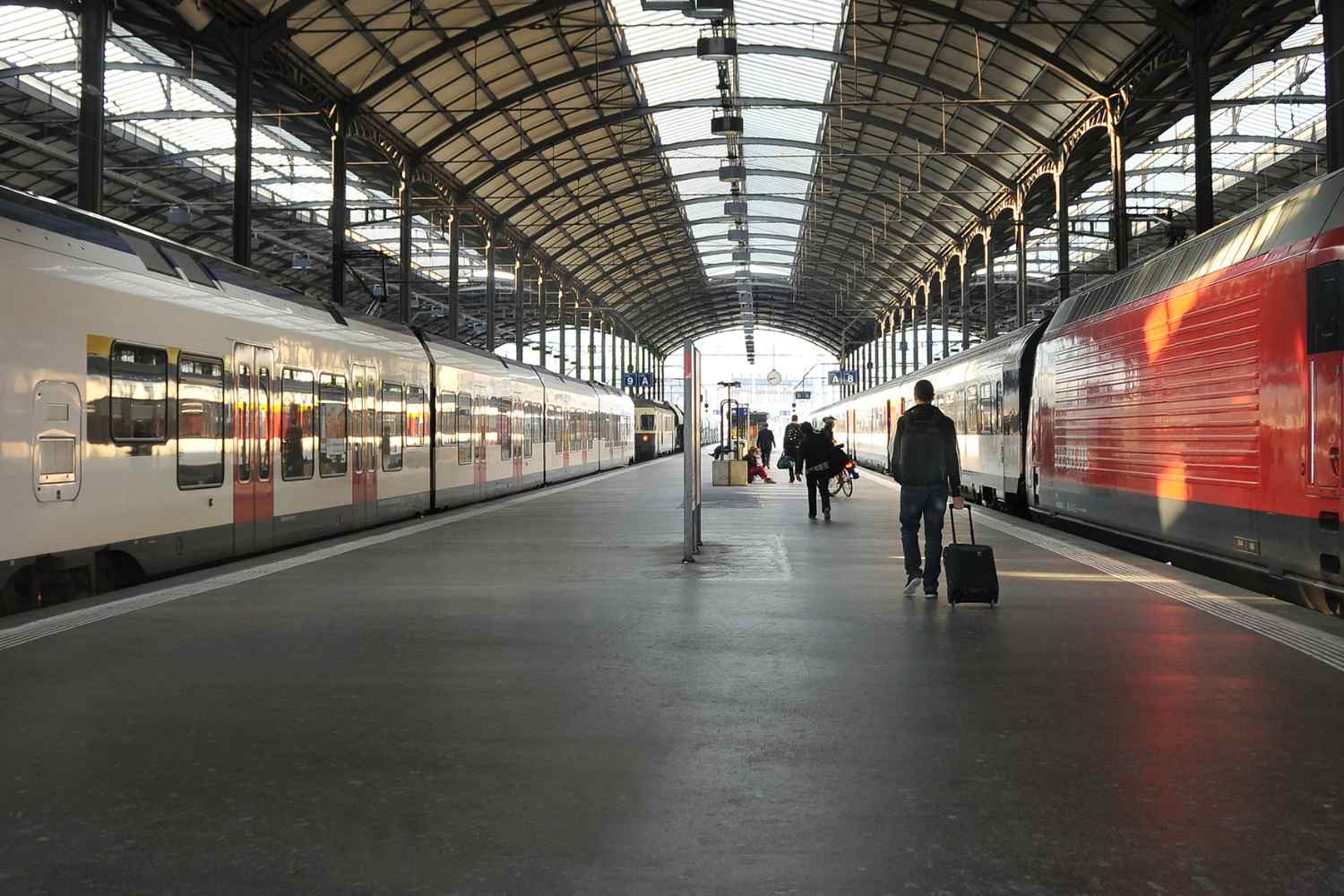
When choosing a Swiss train pass, it’s important to select the one that best suits your travel needs and itinerary. Here are some tips to help you use the correct Swiss train pass:
Understand Your Options: Switzerland offers a variety of train passes, including the Swiss Travel Pass, Swiss Half Fare Card, and regional passes. Each pass has different benefits and coverage areas, so research thoroughly to determine which one aligns with your travel plans.
Calculate Your Travel Needs: Consider the duration of your stay, the regions you plan to visit, and the frequency of your train journeys. If you’ll be traveling extensively across Switzerland, a Swiss Travel Pass might be the most cost-effective option. For more limited travel, a regional pass or the Swiss Half Fare Card may be sufficient.
Compare Prices: Compare the cost of individual train tickets with the price of train passes to see which option offers better value for your itinerary. Factor in any additional benefits or discounts provided by the train pass, such as free admission to museums or attractions.
Check Coverage and Validity: Ensure that the train pass you choose covers the routes and modes of transportation you plan to use. Some passes include unlimited travel on trains, buses, and boats within Switzerland, while others may have restrictions or additional fees for certain routes.
Purchase in Advance: Buy your train pass before arriving in Switzerland to save time and avoid potential queues at ticket counters. Many passes can be purchased online or through authorized resellers.
Activate Your Pass: Some train passes require activation before use, either by stamping them at a ticket office or activating them online. Be sure to follow the instructions provided with your pass to ensure it’s valid for travel.
Keep Your Pass Handy: Always carry your train pass with you during your travels and be prepared to present it to ticket inspectors when requested. Failure to produce a valid pass may result in fines.
By following these tips and choosing the correct Swiss train pass for your journey, you can enjoy convenient and affordable travel throughout Switzerland’s stunning landscapes and vibrant cities.
Especially when hiking in the Swiss Alps. Here’s why:
Acclimatization: As you ascend to higher altitudes, the air becomes thinner, containing less oxygen. This can lead to altitude-related issues such as headaches, nausea, and fatigue if your body doesn’t have time to acclimatize. Taking it slow allows your body to adjust gradually to the changes in altitude.
Hydration and Nutrition: Hiking at higher altitudes can increase your risk of dehydration and fatigue. Bring plenty of water and snacks to stay hydrated and energized throughout your hike. Foods high in carbohydrates and electrolytes, such as nuts, fruits, and energy bars, can help replenish your energy levels.
Pacing Yourself: Hiking at altitude requires more effort due to reduced oxygen levels. Take frequent breaks to catch your breath and rest, especially if you’re feeling lightheaded or fatigued. Listen to your body and avoid pushing yourself too hard.
Watch for Symptoms: Be aware of the signs of altitude sickness, including headache, dizziness, nausea, and shortness of breath. If you experience any symptoms, descend to a lower altitude and seek medical attention if necessary.
Check Weather Conditions: Weather in the mountains can change rapidly, so be prepared for sudden changes in temperature, wind, and precipitation. Dress in layers and bring appropriate gear, including rain gear and sun protection.
Know Your Limits: Choose hiking trails that match your fitness level and experience. Start with shorter, easier hikes and gradually work your way up to more challenging routes as you acclimate to the altitude.
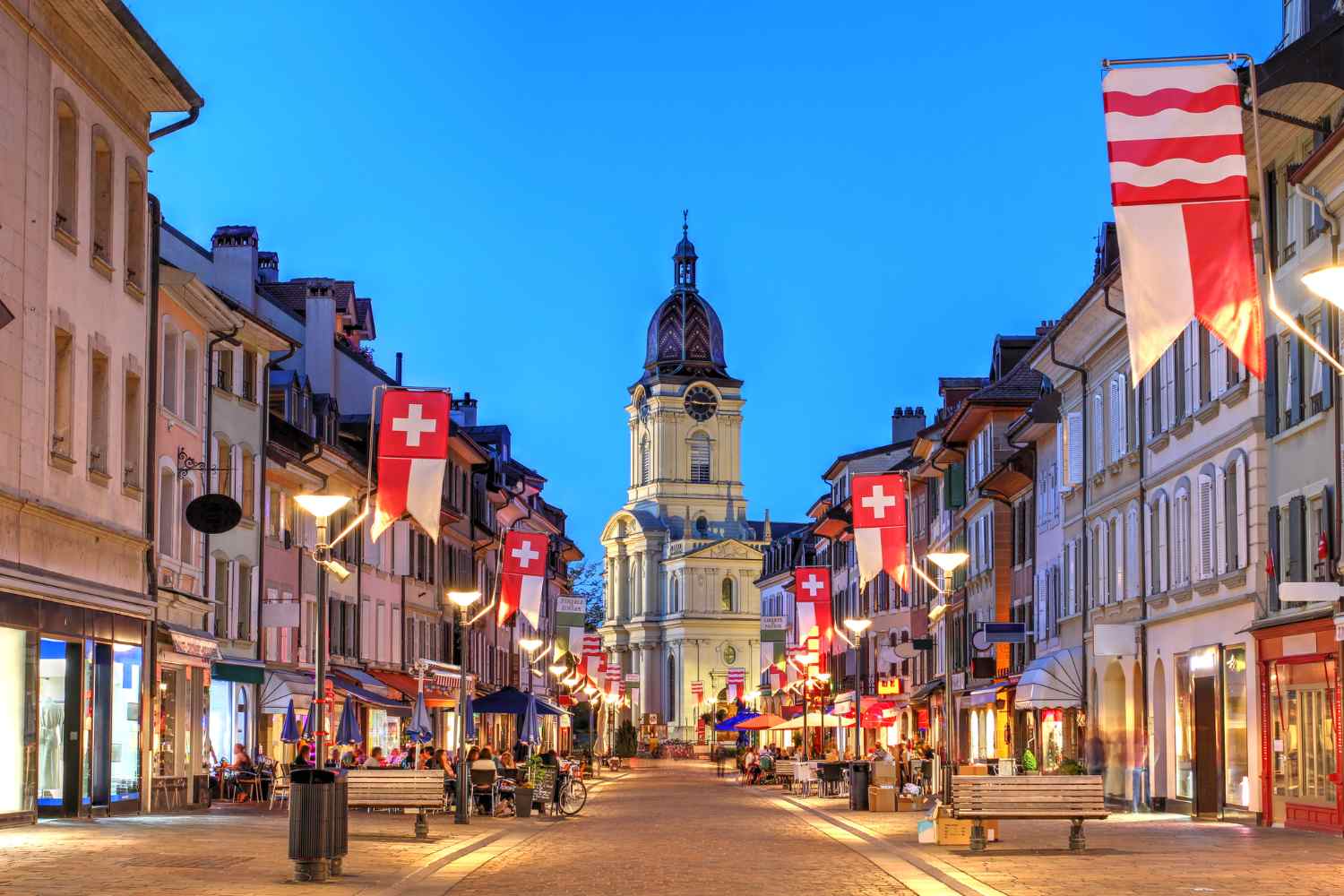
When shopping in Switzerland, it’s crucial to plan ahead due to the country’s unique retail hours. On Sundays, most shops and supermarkets are closed as it is a day of rest, so ensure you have any essentials beforehand. Additionally, during the week, shops typically close earlier in the evening, around 6 or 7 PM, which may differ from what you’re accustomed to. While traditional retail options may be limited during these times, you can still explore outdoor markets, specialty shops, and tourist destinations for unique shopping experiences. If you find yourself needing essentials outside of regular hours, convenience stores at train stations or petrol stations may offer limited supplies, albeit at higher prices. Alternatively, consider utilizing online shopping, which provides accessibility around the clock. By planning your shopping trips and familiarizing yourself with Switzerland’s retail schedule, you can ensure a convenient and enjoyable shopping experience during your visit.
It’s essential to have the correct travel adapter to power your electronic devices, as Swiss outlets are different from standard European ones. Here’s what to look for when purchasing a Swiss travel adapter from Amazon:
Type J Adapter: Switzerland uses Type J electrical outlets, which have three round pins in a row. Look for a travel adapter specifically designed for Type J outlets to ensure compatibility with Swiss sockets.
Universal Compatibility: Choose an adapter that offers universal compatibility, allowing you to use it not only in Switzerland but also in other countries with different outlet types. Look for adapters with multiple plug options or compatibility with various socket configurations.

Although the ringing of church bells is beautiful during the day, it can be disturbing during the night.
It’s crucial to inquire about potential noise disturbances when booking accommodations, especially with Airbnbs or similar options. This can help you avoid unpleasant surprises, like the constant ringing of church bells, which can disrupt your sleep and affect the quality of your stay.
Before making a reservation, ask your hotel about any nearby sources of noise, such as churches, busy streets, or construction sites. Additionally, consider reading the reviews from previous guests to gauge their experiences with noise levels. By doing your research and asking the right questions in advance, you can ensure a more enjoyable and restful stay during your travels.
Or check google maps to see the proximity of the hotel where you’ll be staying to the nearest church.
One common mistake when visiting Switzerland is solely focusing on the big cities and overlooking the charming small villages and natural landscapes that the country has to offer. Switzerland is renowned for its picturesque villages nestled amidst stunning mountains, pristine lakes, and lush valleys. To fully experience the beauty and tranquility of Switzerland, be sure to venture beyond the cities and explore the quaint villages and breathtaking natural scenery. There are so many beautiful little villages, get off the beaten path and explore some lesser-known places away from the crowds…